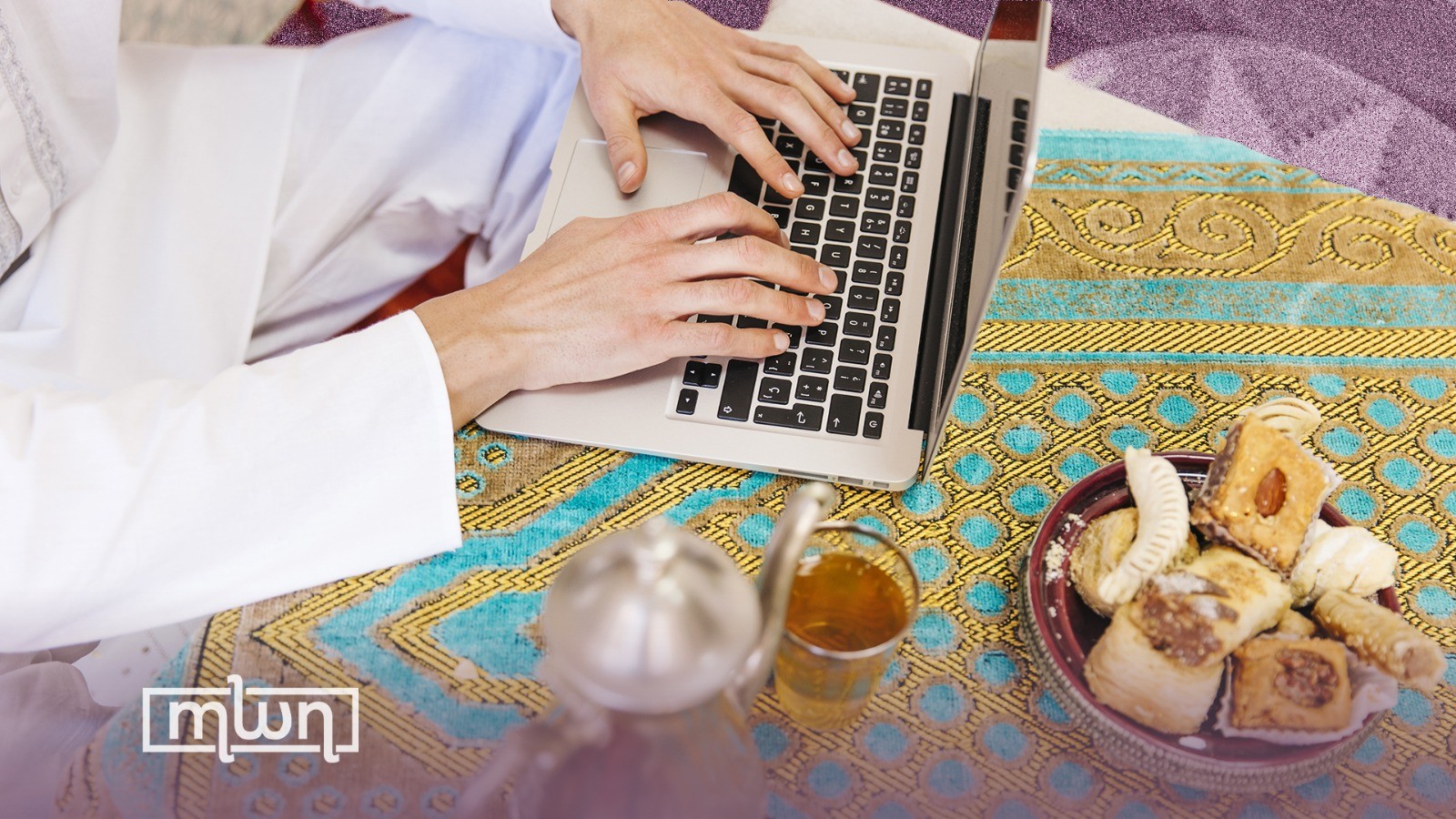Marrakech – For Muslims around the world, amidst professional obligations and deadlines, balancing work commitments with the spiritual demands of Ramadan can prove to be both daunting and rewarding.
In the heart of the corporate world, where deadlines loom large and meetings stretch into the evening, the arrival of Ramadan brings about a unique blend of challenges and opportunities.
During the holy month, Muslim professionals start their days full of energy, not from breakfast, but from the hope of a productive and persistent day.
For many, the fasting hours present a test of endurance, both physically and mentally.
However, it’s also a period of increased spirituality, which promotes resilience and solidarity in the workplace.
From boardrooms to cubicles, the rhythm of the workday adapts to accommodate the unique needs of Ramadan.
Meetings are scheduled with mindfulness, allowing for breaks to honor the call to prayer, while tasks requiring intense focus are tackled during the early hours when energy levels are at their peak.
In Muslim majority countries, non-Muslim coworkers often find themselves adjusting their routines to accommodate the needs of their fasting colleagues.
On the counterend, in Muslim minority countries, Muslim colleagues may find themselves having to request special accommodations for prayer and breaking fast hours if their companies do not already have inclusive measures in place.
This spirit of accommodation builds mutual understanding and a sense of inclusiveness by overcoming cultural gaps.
The ugly truth
The physical toll of fasting is without a doubt one of the most palpable problems.
From dawn till dusk, Muslim professionals abstain from food and drink, a practice that can take a toll on energy levels and concentration.
In an amusing twist, one X (formerly Twitter) user quipped, “Working out in Ramadan is not for the weak,” while another jokingly remarked, “Working in Ramadan should be illegal.”
For some, the fast-paced nature of the corporate world can clash with the slow, contemplative pace of Ramadan.
Meetings stretch into the afternoon, deadlines loom large, and the pressure to perform remains constant.
Balancing the demands of work with the physical strain of fasting requires a delicate balance and a resilient spirit.
Additionally, the absence of traditional lunch breaks and coffee meetings can disrupt the social dynamics of the workplace.
Bonding over meals or sharing a cup of coffee often fosters camaraderie and collaboration, elements that may be temporarily disrupted during Ramadan.
Muslim professionals may have to skillfully handle social circumstances while striking a balance between their peers’ expectations and their religious duties.
The balance between professional obligations and spiritual observance
Striking a balance between professional obligations and spiritual observance during Ramadan is indeed a delicate dance, requiring careful planning, effective time management, and a deep sense of commitment.
For many, it comes down to setting priorities and managing time well.
Tasks that require intense focus and concentration are often tackled in the early hours of the day when energy levels peak, while routine administrative work is reserved for the afternoon lull.
Routine administrative work should be saved for the afternoon slump, whereas tasks requiring strong attention and concentration are often undertaken in the early hours of the day when energy levels are at their highest.
These initiatives not only promote employee well-being but also contribute to a more inclusive and compassionate work environment.
Despite the fast-paced nature of the workday, it’s crucial to take short breaks to rest and recharge, especially during fasting hours.
One can use these breaks to perform ablutions (wudu), engage in short prayers, or simply step away from your desk for a few moments of quiet reflection.
It’s crucial to have honest and open communication with coworkers throughout Ramadan.
Informing coworkers about the fasting schedule and any adjustments one may need to make to accommodate their religious observance.
This transparency fosters understanding and ensures that everyone is on the same page.
Last but not least, one should not hesitate to lean on your support network for assistance during Ramadan.
Whether it’s seeking help from colleagues to lighten the workload or relying on friends and family for emotional support, remember that nobody is alone in navigating these challenges.
As we navigate through the complexities of modern-day living, it is a chance for Muslims to embrace the spirit of Ramadan as a guiding light, illuminating our path toward greater empathy, resilience, and inner peace.
















